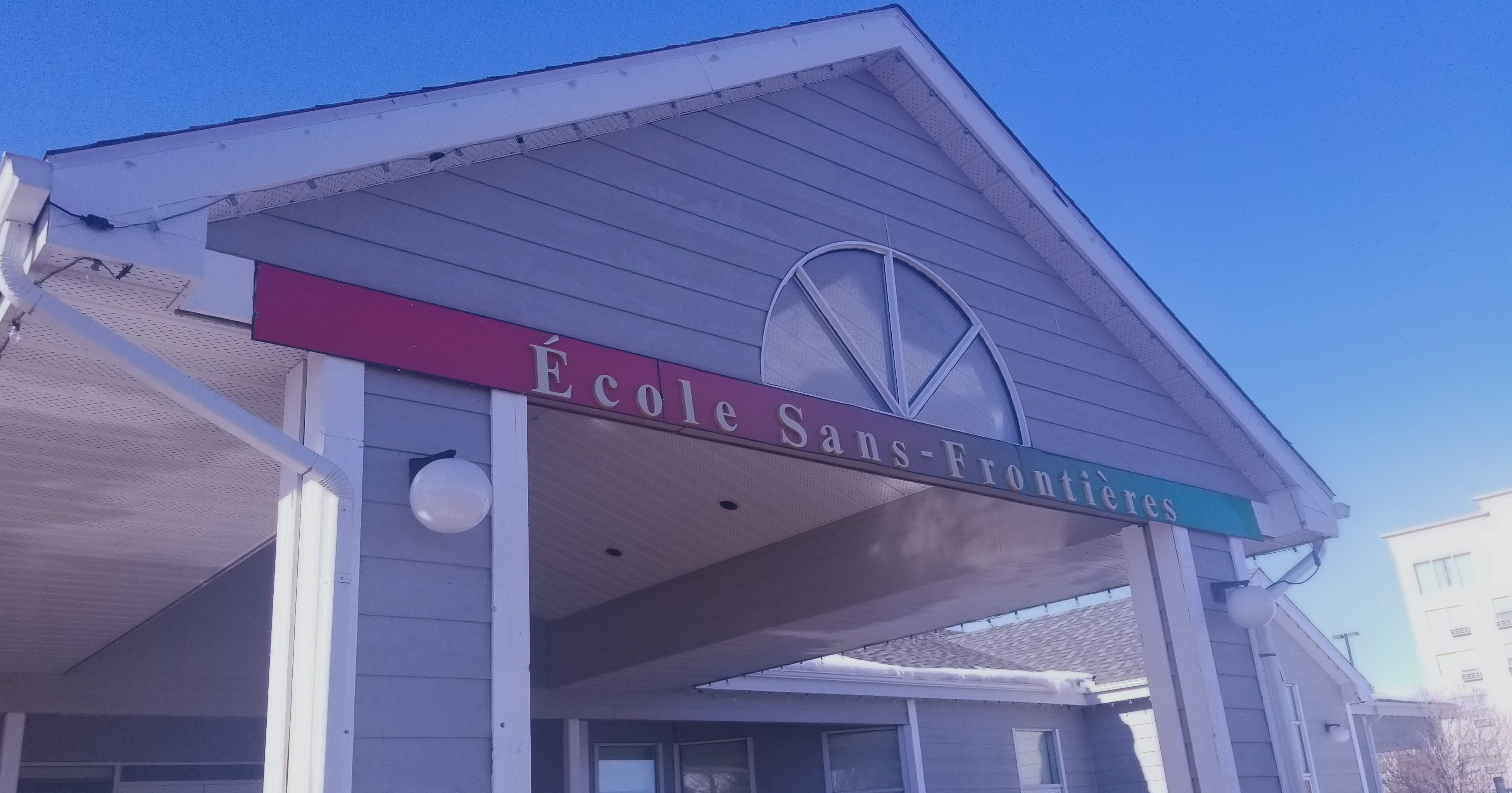City council granted the first reading to a tax exemption bylaw which would allow a property tax exemption for the Greater North Central Francophone Education Region. The GNC currently rents out a building 4204 54 Avenue to house the École Sans Frontière school.
Councillor Aaron Buckingham and Ken Baker were opposed to the reading. Buckingham says he isn’t sold on the idea as it doesn’t seem fair for all concerned.
“I’m personally not comfortable with looking someone in the eye as a taxpayer and say we just wrote off $17,000 in taxes so that 26 children can go to a private school. Basically that’s what it is. I can’t send my children because they don’t qualify to go.”
The GNC has received exemptions for their schools elsewhere in Alberta, however, the Lloydminster Charter requires the school to own the building to receive the exemption.
Councillor Jonathan Torresan believes the school is a great benefit to the community. He says the decision could have greater implications as the school is considered a public school under the Provincial Act.
“We are children of the province and sometimes when mom and dad say something we have to do it. I recognize that and I think we are going to be fighting a losing battle if we decide to not do it.”
Torresan says if they deny the exemption they could be challenged in court which would lead to a lengthy court battle which would cost more in the long-term.
Mayor Gerald Aalbers says if approved under section 313 of the Charter if the school would move to another location in the future then that exemption would no longer be in effect. Section 313 covers non-profit organizations in the city in which the GNC is considered a non-profit.
“It gives the ability for the exemption if they’re there, being a school, then it’s granted. If the school were to say at the end of June we are moving our school to property B that we’ve purchased then the landowner that owns that property would be responsible for taxes.”
The bylaw will come back to council for a second and third reading in the future.


